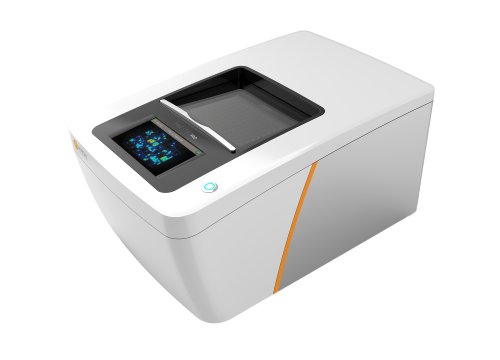Authors: Yuto Ishibashi, Nami Nagafuku, Shingo Kimura, Xiaobo Han, and Ikuro Suzuki
Addiction Biology, 09 October 2024
Scientists use Maestro MEA to screen compounds and estimate addiction in vitro, demonstrating a powerful alternative to animal experiments.
Evidence suggests that multiple neural networks are involved in the onset of drug addiction. Although multielectrode array (MEA) is a well-established tool for compound screening, it has not been widely used to evaluate addictive substances. In this study, researchers developed an in vitro model using iPSC-derived dopaminergic neurons and used Axion Biosystems’ noninvasive Maestro MEA platform to screen compounds and estimate addiction. Notably, principal component analysis (PCA) was used to distinguish addictive from non-addictive compounds, presenting a robust method for compound screening and hit detection. Overall, the authors conclude that the method demonstrated in the study, “holds promise as an in vitro addiction testing approach, serving as an alternative to animal experiments.”


